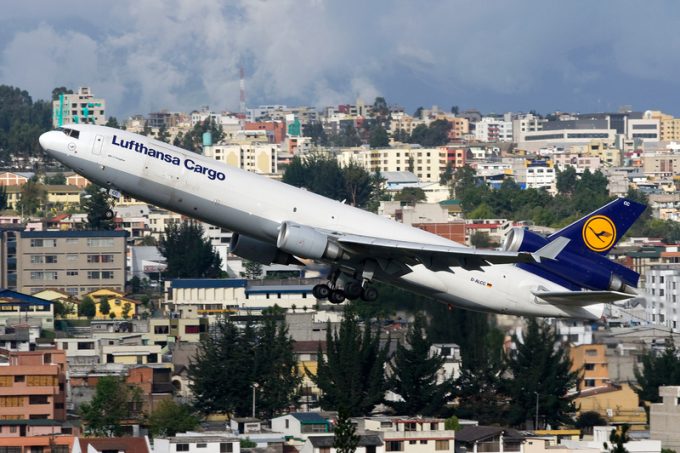New roles for Andre Schulz and Stephanie Pöhn-Helbig at Lufthansa Cargo
Lufthansa Cargo has made some new year management shuffles. Andre Schulz, head of Middle East, Africa, ...

Lufthansa Group said its cargo unit did better than the market generally in the second quarter, despite profitability dipping sharply compared with the same period last year.
“The normalisation of rates in the global airfreight market continued as expected in the second quarter of the year,” it noted in a trading statement released today.
“Despite lower demand, however, Lufthansa Cargo’s average yields remained a good 40% above the pre-crisis level of 2019, meaning that Lufthansa Cargo again outperformed the market as a ...
Amazon pushes into LTL for small package fulfilment and UPS does a u-turn
New senior management for DSV as it readies for DB Schenker takeover
Volumes set to 'fall off a cliff' as US firms hit the brakes on sourcing and bookings
Asian exporters scramble for ships and boxes to beat 90-day tariff pause
Temporary tariff relief brings on early transpacific peak season
'Tariff madness' will prompt renegotiation of ocean shipping contracts
Forwarders 'allowing the fox into the chicken run' by supporting 'hungry' carriers
Response to tariffs by Chinese importers may see extra costs for US shippers

Comment on this article